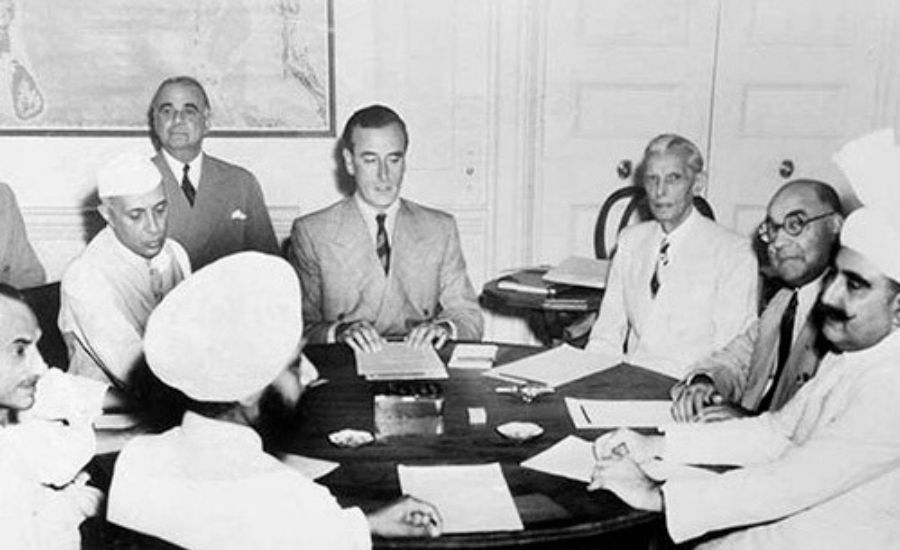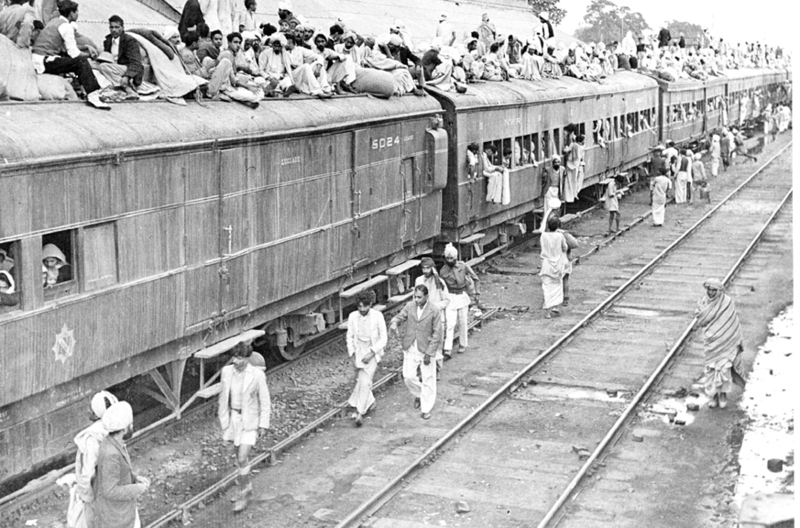
On the evening of 13 August 1947, Sir Cyril Radcliffe submitted a report to the Viceroy of India, Lord Mountbatten, that settled the territorial boundaries of India and Pakistan. Radcliffe was the Chairman of the Boundary Commissions that partitioned Bengal and Punjab between the two countries – referred to as the Commissions ‘awards’.
One would have expected Mountbatten to then announce the awards at once, so that Indians and Pakistanis would know the exact contours of their territories while celebrating their respective independence days.
But he didn’t. He said nothing either during his visit to Karachi to witness the Independence Day celebrations in Pakistan or in the Indian Constituent Assembly where he gave a speech as India’s first Governor General on her Independence Day. In fact, Mountbatten went to the extent of not looking at the report when it was submitted to him on the evening of 12 August 1947. British archives tell us why.

Image credit: Wikimedia Commons
In the days leading up to 15 August, Mountbatten regularly wrote ‘Top Secret and Personal’ reports to the King and the Prime Minister of the United Kingdom, keeping them posted on the political churning that they had sent him to oversee. One of these reports reveals how utterly fearful he was about disclosing the reports of the boundary commissions.
He expressed his concern that no matter what, Indians and Pakistanis would not be pleased with the awards and the British, as they had over the past year, would come under even more criticism and public and international wrath. This would be blunted if the award was announced at a later date.
Mountbatten wasn’t alone in his desire to postpone the announcement. In the days that preceded the Indian Independence Day, the Viceroy and his staff including his Reforms Commissioner V.P. Menon, took great administrative pains to deliberately delay the publication of the awards.

Image credit: Wikimedia Commons
V.P. Menon also advised him that revealing the awards of the Boundary Commissions any day prior to 15 August and without consulting Indian and Pakistani leaders was a bad idea. It would mean that all the scheduled events of the Indian and Pakistani Independence Day might crash, including the possibility that the (now historical) Indian Constituent Assembly meeting at midnight of 15 August might not happen. All this would only sabotage Britain’s future relations with the 2 countries and risk the already precarious transfer of power.
It was only on 17 August 1947, that the awards were published and Indians and Pakistanis knew how to identify their countries on a map. The delay in the British to reveal the Boundary Commissions’ awards, again adds to the view that the British transfer of power to India was primarily informed by British interests, particularly to protect herself from criticism and contempt from those at home and the world at large.
